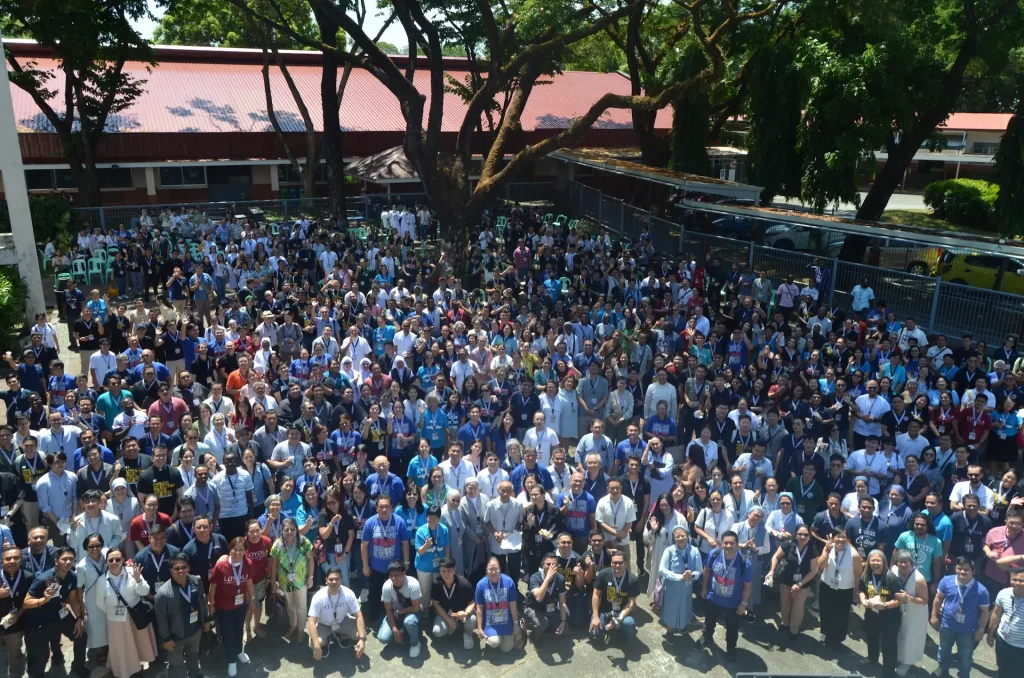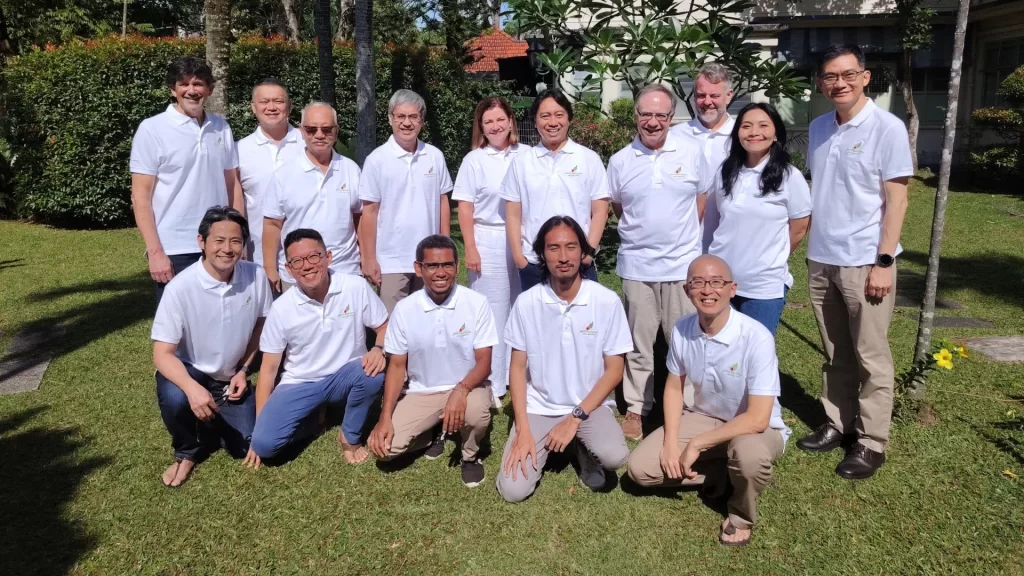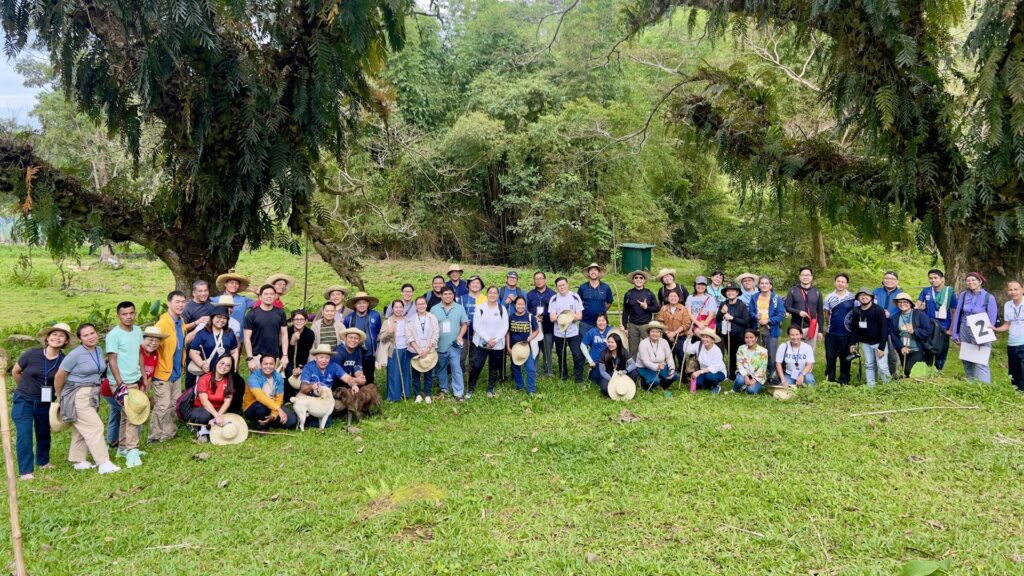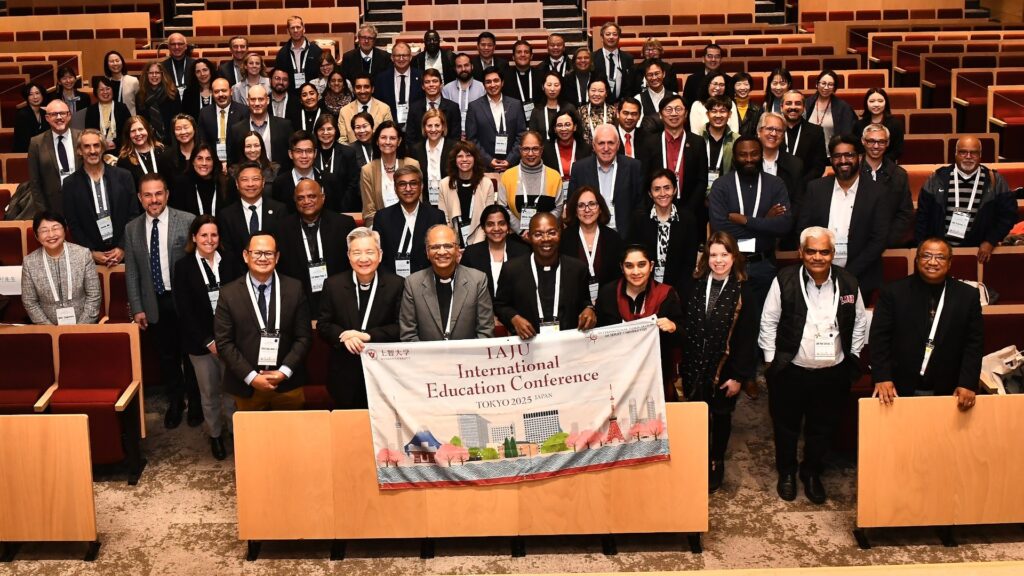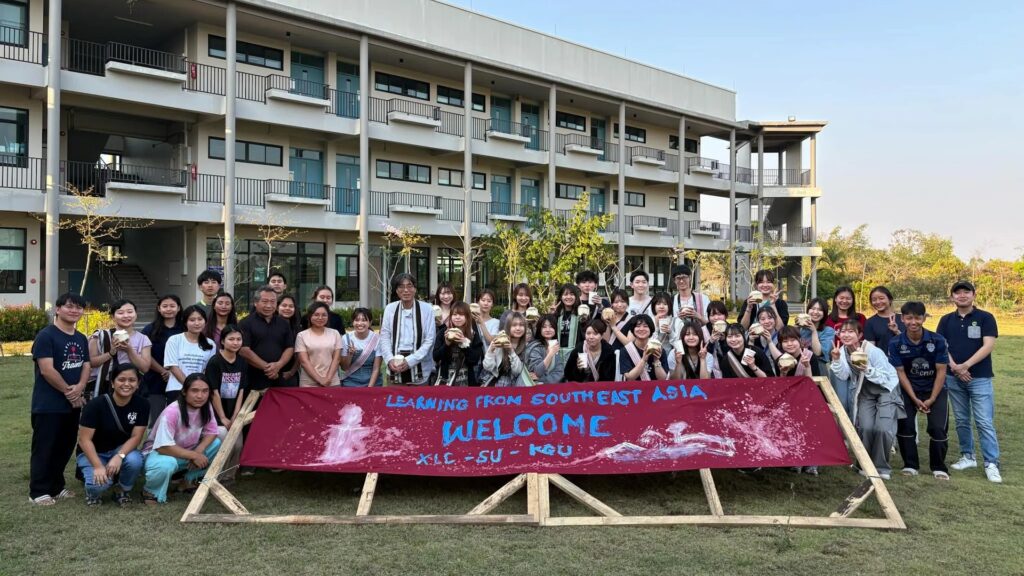Fr Christopher Willcock SJ, an award-winning Australian composer of music for churches and concert halls, has joined the Boston College community as the Thomas I Gasson SJ Professor for 2011-12. He is presently a member of the United Faculty of Theology in Melbourne where he teaches courses in liturgy.
The Gasson Chair is held by a distinguished Jesuit scholar in any discipline and is the oldest endowed professorship at Boston College. Fr Chris is the first Gasson Professor to be based in the Music Department.
While in his post as Gasson Professor, Fr Chris hopes to work on a new piece of music, “Friday’s Child,” composed for a string quartet. “It will be about the life and message of German theologian Dietrich Bonhoeffer, who was killed by the Nazis,” he said.
“It’s a huge privilege, and a great pleasure, for the Music Department to be able to welcome Fr Christopher Willcock as Gasson Professor,” said Music Chairman Professor Michael Noone.
“While Willcock is one of the biggest names in Australian Catholic music, some of his most astonishing creations have been composed for the secular concert hall. Christopher’s collaborations with both students and faculty will emphasize the crucial role played by creativity and the imagination in college life.”
Fr Chris received the inaugural Percy Jones Memorial Award for Outstanding Contribution to Liturgical Music in Australia in 1993. Among the titles in his liturgical music collection are Who Did You See?, God Here Among Us, In the Peace of Christ, and two volumes of psalm settings: Psalms for Feasts and Seasons and Psalms for the Journey.
To read the full story in National Jesuit News, click here


